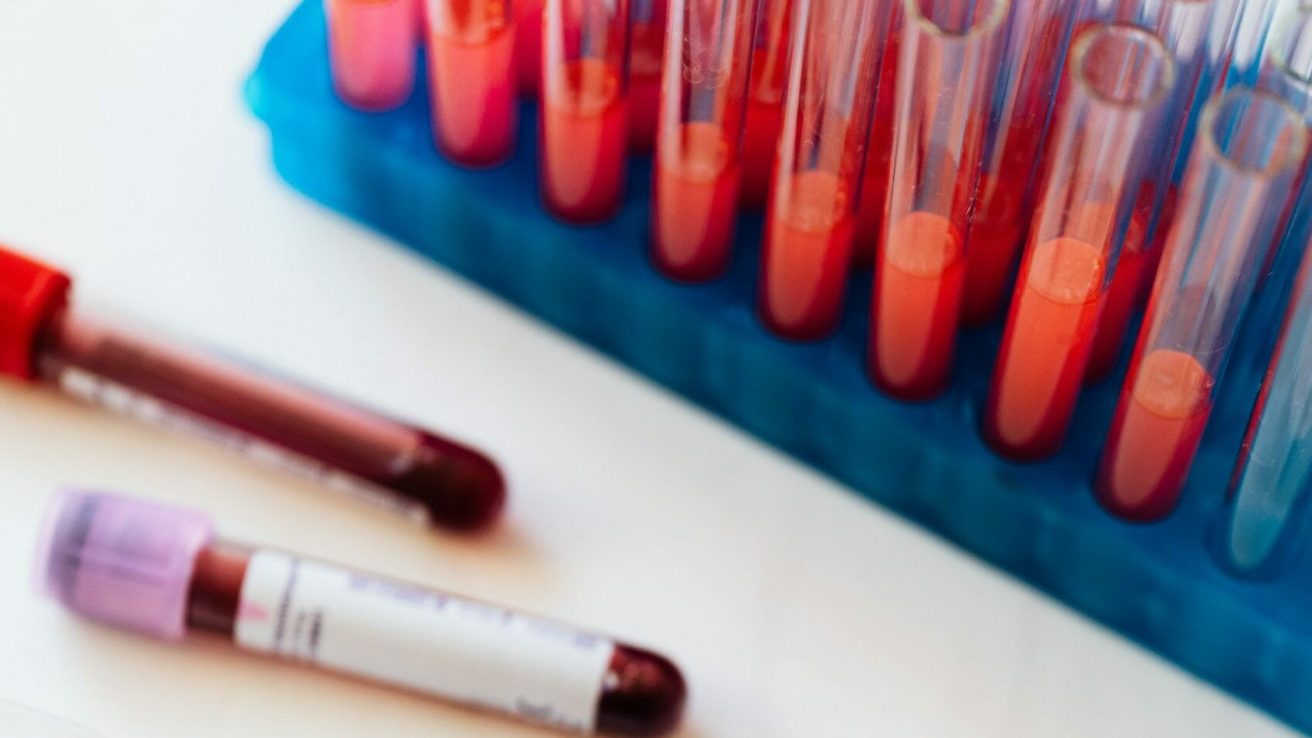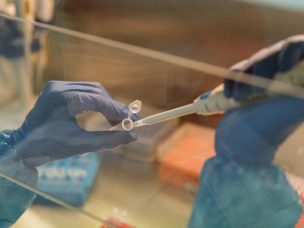This phase 1 study demonstrated that chimeric antigen receptor T completely synthetic antigen-binding domain cell therapy is safe and has a durable response in patients with relapsed and refractory multiple myeloma.
Relapsed and refractory multiple myeloma (RRMM) is a progressively refractory disease requiring chronic intensive therapy. This phase 1 study aimed to assess the safety of chimeric antigen receptor T completely synthetic antigen-binding domain (CART-ddBCMA) in RRMM patients. The results of this study, published in the journal Blood Advances, indicate that CART-ddBCMA is safe in RRMM patients at doses of 100 and 300 × 106 cells for each patient.
Patient Enrollment and Characteristics
Of the 13 subjects enrolled in this study, 6 were administered CART-ddBCMA at 100 × 106 (DL1) and 6 were administered CART-ddBCMA at 300 × 106 (DL2). The median age of patients treated with 100 × 106 CART-ddBCMA was 69 years , while patients treated with 300 × 106 CART-ddBCMA had a median age of 60 years. The median follow-up of the study was 56 weeks. There was low variability in the expression of CAR+ cells in the final product.
Safety of CART-ddBCMA in Relapsed and Refractory Multiple Myeloma Patients
All the patients enrolled in this study reported grade 3/4 treatment-emergent adverse events (TEAEs) after the infusion of CART-ddBCMA. The most frequent of these were neutropenia, decreased hemoglobin, lymphocytopenia, and other hematologic AEs. Non-hematologic grade 3 or 4 AEs included an imbalance in electrolytes and hypertension. None of the study participants reported grade 3 or 4 infections associated with the treatment. The majority of the CART-cell-associated toxicities were of low grade, hence, manageable. All the patients reported cytokine release syndrome (CRS), with a duration of 7 days and 4.5 days in the DL1 and DL2 groups, respectively.
Efficacy of CART-ddBCMA in Relapsed and Refractory Multiple Myeloma Patients
All the patients had a median follow-up duration of 12.6 months, and there was a 100% objective response rate. Two patients had a partial response (PR), 9 patients had a complete response (CR), and 1 patient had a very good PR. Minimal residual disease (MRD) negativity was observed in 5/9 patients one month after the infusion of CART-ddBCMA. Three participants demonstrated progression of the disease.
Expansion and Persistence of CAR T-Cells
Following the infusion of CART-ddBCMA, the median time to peak expansion was 14 days, 10 days, and 11 days in DL1, DL2, and all study subjects, respectively. The median persistence was recorded to be 59 days, 42 days, and 42 days in DL1. DL2, and all study subjects, respectively. Plasma cells of the RRMM patients with an ongoing response underwent a slower recovery, indicated by lower levels of soluble BCMA for more than 6 months.
The current study demonstrated the safety of CART-ddBCMA in RRMM patients at infusion doses of 100 and 300 × 106 cells for each patient.
Source
Frigault, M. J., Bishop, M. R., Rosenblatt, J., O’Donnell, E. K., Raje, N., Cook, D., Yee, A. J., Logan, E., Avigan, D. E., Jakubowiak, A., Shaw, K., Daley, H., Nikiforow, S., Griffin, F., Cornwell, C., Shen, A., Heery, C., & Maus, M. V. (2023). Phase 1 study of CART-ddBCMA for the treatment of subjects with relapsed and refractory multiple myeloma. Blood Adv, 7(5), 768-777. https://doi.org/10.1182/bloodadvances.2022007210










